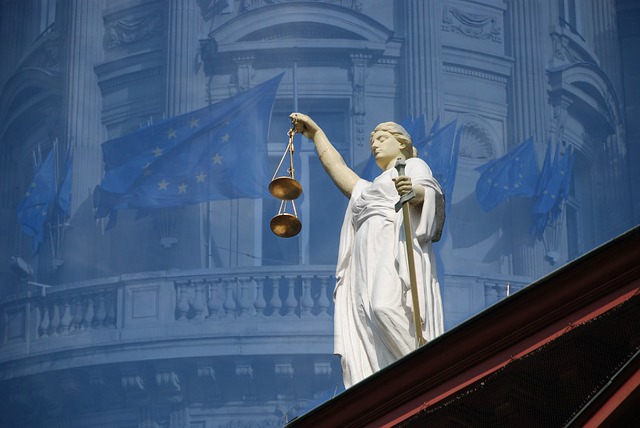 Activist Post
Activist Post
October 20, 2015
Never known for its respect for human rights and civil liberties, the European Court of Human Rights has once again demonstrated that secret hearings, detentions without trial and other violations of individual rights are well within the scope of the European Union. On October 20th, the ECHR in Strasbourg dismissed a claim by three Pakistani students who were detained in the UK for nearly two weeks while the UK courts held closed sessions regarding their arrest warrants.
The UK courts argued for its secrecy on the grounds of national security. The three students: Sultan Sher, Mohammed Rizwan Sharif and Mohammed Umer Farooq were arrested and held by police after authorities launched a series of “anti-terror raids” across Northwest England in April 2009. All three men were on student visas were held for 13 days. All three were released without charge.
All three students were brought before a court two times during the process in which warrants for further detention were granted. The students claimed they were denied “any open adversarial process” and the ECHR apparently agreed with them. And the ECHR agreed that some evidence being presented against them had been withheld from them. The court also pointed out that one hearing was even held in closed session for a short time.
Still, the ECHR ruled that the UK courts did not violate the rights of these students to lawful detention or in the manner in which the searches took place.
On April 21, 2009, all three men were released without charge, though they were served with deportation orders. They returned voluntarily to Pakistan in September of that year.
One ECHR judge, Faris Vehabović, however, dissented from the majority when he said:
This article appeared first at Activist Post
Never known for its respect for human rights and civil liberties, the European Court of Human Rights has once again demonstrated that secret hearings, detentions without trial and other violations of individual rights are well within the scope of the European Union. On October 20th, the ECHR in Strasbourg dismissed a claim by three Pakistani students who were detained in the UK for nearly two weeks while the UK courts held closed sessions regarding their arrest warrants.
The UK courts argued for its secrecy on the grounds of national security. The three students: Sultan Sher, Mohammed Rizwan Sharif and Mohammed Umer Farooq were arrested and held by police after authorities launched a series of “anti-terror raids” across Northwest England in April 2009. All three men were on student visas were held for 13 days. All three were released without charge.
All three students were brought before a court two times during the process in which warrants for further detention were granted. The students claimed they were denied “any open adversarial process” and the ECHR apparently agreed with them. And the ECHR agreed that some evidence being presented against them had been withheld from them. The court also pointed out that one hearing was even held in closed session for a short time.
Still, the ECHR ruled that the UK courts did not violate the rights of these students to lawful detention or in the manner in which the searches took place.
On April 21, 2009, all three men were released without charge, though they were served with deportation orders. They returned voluntarily to Pakistan in September of that year.
One ECHR judge, Faris Vehabović, however, dissented from the majority when he said:
I find it unjustified to exclude the applicant and his representative from part of the hearing when this discussion took place, thus removing the possibility that the applicant might dispute the relevance of evidence which was decisive for that extension of detention.At least one judge understands the concept of habeas corpus and the ability to respond to the charges made against an individual by its government. Unfortunately this judge was a voice crying in the wilderness; but what else could we expect from an institution that is part of a greater institution that is as democratic as the Soviet Union.
This article appeared first at Activist Post
No comments:
Post a Comment
Note: Only a member of this blog may post a comment.